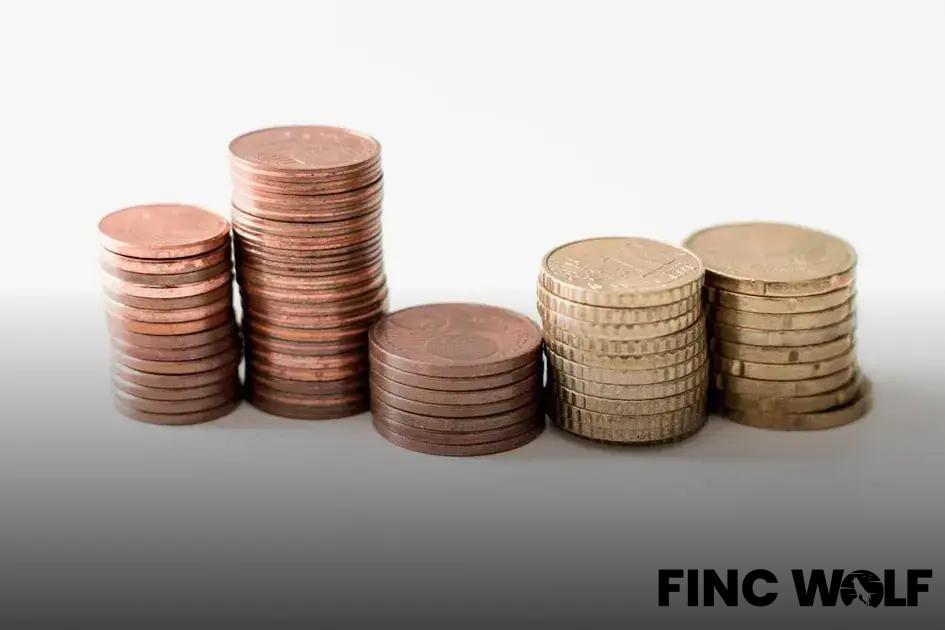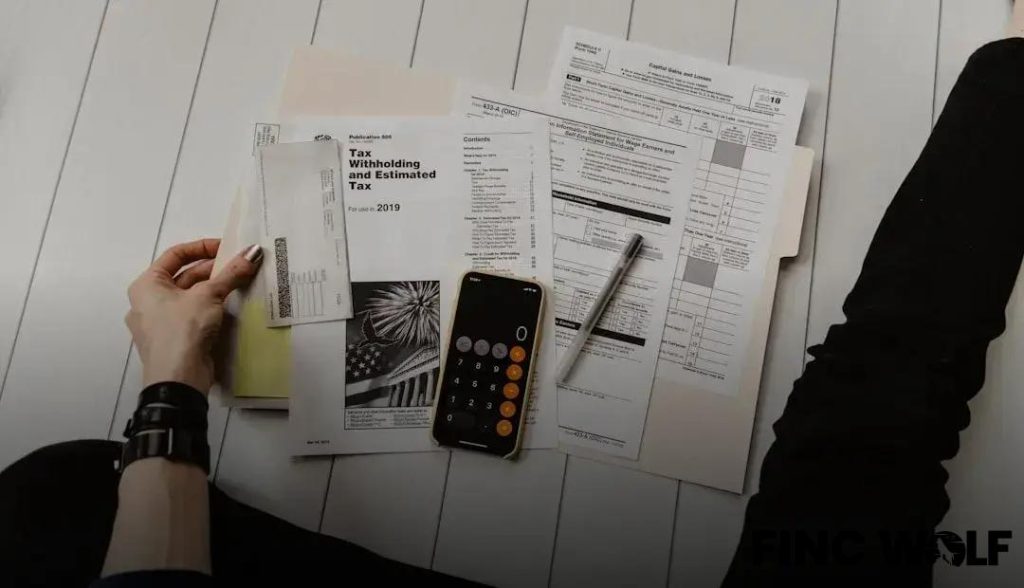Deciding between personal loans and credit cards can be confusing. Both financial tools offer unique benefits and drawbacks. Understanding these differences can save you money and improve your financial health. Let’s delve into personal loans and credit cards to determine what’s best for your needs.
Understanding Personal Loans
Personal loans are a flexible financial tool, designed for various purposes. Whether you need to consolidate debt, finance a large purchase, or cover unexpected expenses, personal loans can provide the necessary funds. Understanding how they work is critical to make informed financial decisions.
Personal loans are typically unsecured, meaning they don’t require collateral. This can be advantageous if you don’t want to risk any assets. Lenders offer amounts based on factors such as your credit score and income. Generally, the interest rates on personal loans are fixed, which means your monthly payments stay the same over time.
Loan terms often range from one to five years. Choosing the right term impacts your monthly payment and the total interest paid. Longer terms might lower your monthly bill but result in higher overall interest costs. Always consider your budget and how a personal loan’s terms fit into it.
Personal loans can also help in debt consolidation. By combining multiple debts into one single loan with a potentially lower interest rate, managing your finances becomes simpler. This might result in a more manageable payment schedule and reduced financial stress.
However, before committing to a personal loan, it’s crucial to assess all associated fees and ensure there’s no penalty for early repayment. Understanding these aspects can protect you from unintended costs and help you achieve your financial goals efficiently.
Exploring Credit Cards

Credit cards are popular financial tools that offer flexibility and convenience. They allow you to make purchases without immediate cash outlay, which can be helpful for managing cash flow. Most credit cards provide you with a grace period of around 21 to 25 days, giving you time to pay off your balance without accruing interest. This feature can be strategically used to enhance financial management.
Interest Rates: Credit cards come with higher interest rates compared to personal loans, usually ranging from 15% to 25% APR. This rate can increase if you miss payments. It’s crucial to understand your card’s terms and strive to pay off the balance monthly to avoid substantial interest accrual.
Rewards and Benefits: Many credit cards offer rewards programs that give you cash back, travel points, or other incentives for using the card. Understanding these benefits and using them to your advantage can help offset some of the costs associated with credit card usage.
Building Credit: Regular, responsible use of credit cards can help improve your credit score. Timely payments, keeping balances low relative to your credit limit, and maintaining the card for an extended period all contribute positively to your credit history.
Fees and Penalties: Be aware of potential fees such as annual fees, late payment fees, and foreign transaction fees. Reading the fine print can prevent unexpected charges that could affect your overall cost of credit.
Fraud Protection: Credit cards typically offer better fraud protection compared to debit cards. If unauthorized charges occur, you’re usually not held liable if reported promptly.
Pros and Cons of Personal Loans
Personal loans can be a prudent option for those who need a lump sum amount of money and prefer consistent monthly payments. They are often unsecured, meaning you don’t need collateral like a car or house to obtain one. This can be beneficial if you want to avoid risking assets.
Benefits of Personal Loans
Personal loans typically offer lower interest rates than credit cards, especially if you have a good credit score. They might provide a more manageable path to pay off high-interest credit card debt. Another advantage is that they allow planning a clear budget, thanks to fixed interest rates and regular monthly payments.
Drawbacks of Personal Loans
On the downside, personal loans can have longer processing times compared to the quick availability of credit with a card. Some also come with origination fees or prepayment penalties, aspects you will not encounter with most credit cards. Moreover, borrowing a large amount commits you to monthly payments over several years, which might not appeal to everyone.
In contrast, credit cards provide flexibility, as you only need to borrow when necessary. However, high-interest rates can accumulate quickly. It’s crucial to evaluate whether the structured payoff plan of a personal loan, often paired with a lower interest rate, could outweigh the flexibility and instant-use feature of credit cards.
Advantages and Disadvantages of Credit Cards

Advantages of Credit Cards: Credit cards offer a convenient way to make purchases without needing cash on hand. They provide a quick and easy method to manage finances with the option of paying later. Credits cards often come with rewards programs, cashback offers, and discounts that can be beneficial for frequent users. They also build credit history, which is essential for future financial undertakings and establishing a good credit score.
Another advantage is the security credit cards offer. Purchases are easier to dispute if something goes wrong, and there is often fraud protection to safeguard users against unauthorized transactions. Travel and purchase protections provided by many credit cards can also be a significant benefit.
Disadvantages of Credit Cards: Despite these benefits, there are also some downsides associated with credit card use. High-interest rates can be a significant disadvantage if the full balance is not paid off monthly, leading to accumulating debt quickly. Overspending is a common issue since the credit limit might tempt users to spend beyond their means.
Moreover, missing payments can negatively impact a user’s credit score, making it crucial to stay on top of monthly bills. Fees such as annual fees, late payment fees, and foreign transaction fees can also add to the cost of using a credit card.
Choosing between personal loans and credit cards depends on the individual’s financial situation, spending habits, and ability to manage debt responsibly. Each option has unique advantages and drawbacks that must be carefully weighed.
When to Choose a Personal Loan
Choosing when to leverage a personal loan can be pivotal in managing finances effectively. There are key scenarios where a personal loan might be the most suitable choice over credit cards.
Debt Consolidation
If you’re grappling with high-interest credit card debt, a personal loan can offer a lower interest rate and fixed repayment schedule, helping consolidate multiple debts into one manageable payment each month.
Large Purchases or Projects
When planning a major expense, such as a home renovation or purchasing major household items, a personal loan can provide the necessary funds upfront. This option typically comes with lower interest rates compared to a credit card, resulting in less interest paid over time.
Predictability and Stability
Opt for a personal loan when you need predictable monthly payments and a fixed repayment term. This can be especially beneficial if budgeting and financial forecasting are important to you.
Building Credit
While managing credit cards can help build credit over time, responsibly using a personal loan shows credit agencies that you can handle installment credit. This can diversify your credit profile and potentially boost your credit score.
In summary, discerning when to choose a personal loan hinges on factors such as interest rates, your financial goals, and the need for a disciplined repayment schedule. Careful consideration of these can help determine the best path.
Credit Card Usage Tips

Effectively managing your credit card usage can have a significant impact on your financial health. It’s important to understand that credit cards, if not used wisely, can lead to a cycle of debt that’s hard to escape. However, they do offer flexibility and convenience in everyday purchases.
One key strategy is to always pay off the full balance each month to avoid interest charges. If that’s not possible, at least pay more than the minimum balance. This will help in reducing the interest you’ll accrue over time, saving you money in the long run.
Utilize special offers and rewards that many credit cards provide, like cashback or points towards travel, but be sure to read the terms and conditions so you are aware of any restrictions or fees.
Keep track of your spending by regularly checking your account. This helps prevent unwanted surprises at the end of the month and allows you to stay within budget. You might also want to set alerts that notify you when you’re approaching your spending limit.
Avoid impulse buying by establishing a waiting period before making significant purchases. This time can help you reflect on whether the purchase is necessary and how it aligns with your financial goals.
Lastly, remember to protect your credit score. Timely payments and responsible credit usage positively impact your credit rating, which can be advantageous when applying for personal loans in the future.





